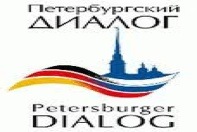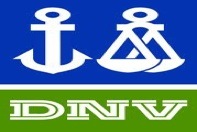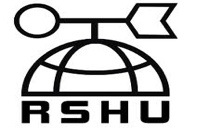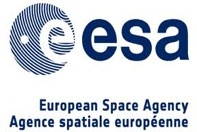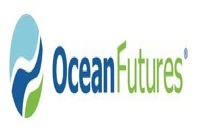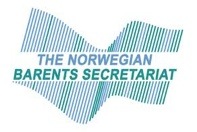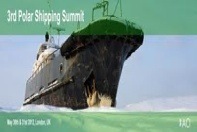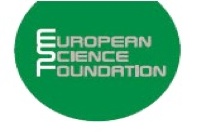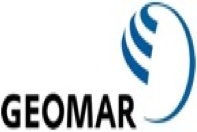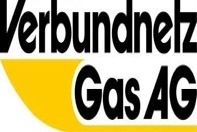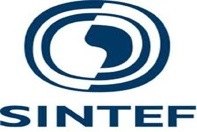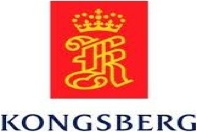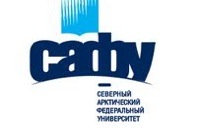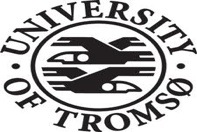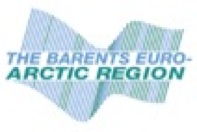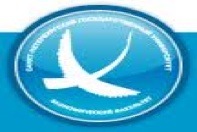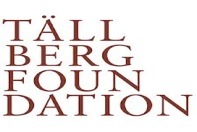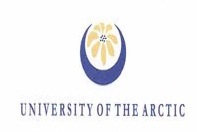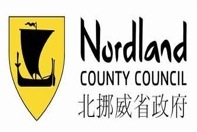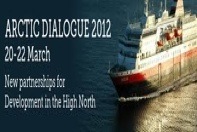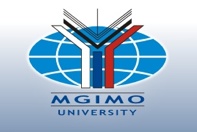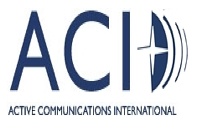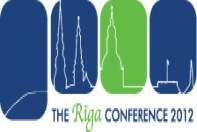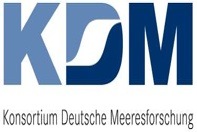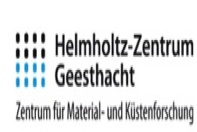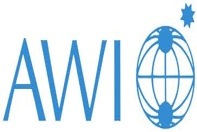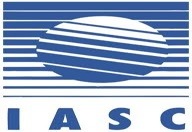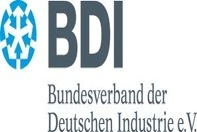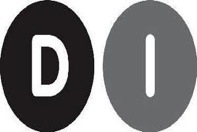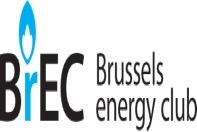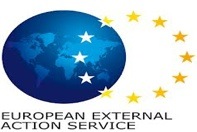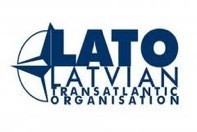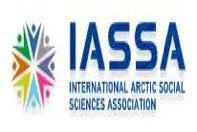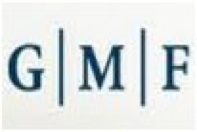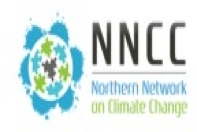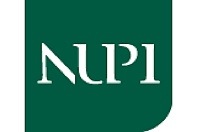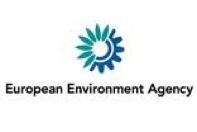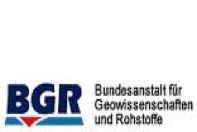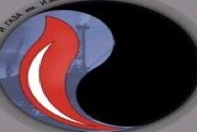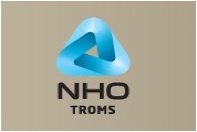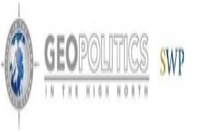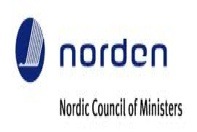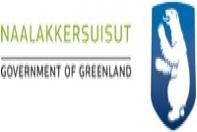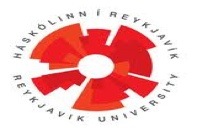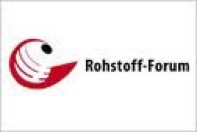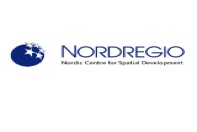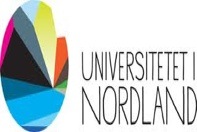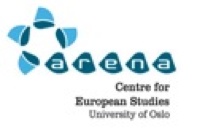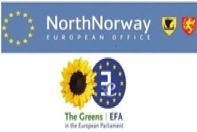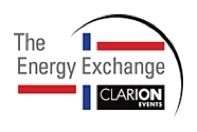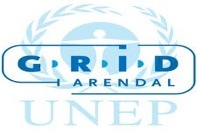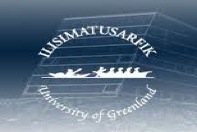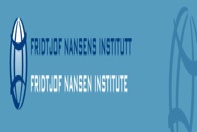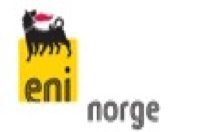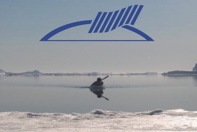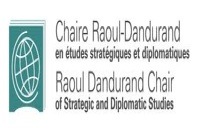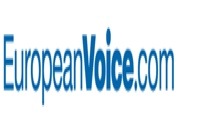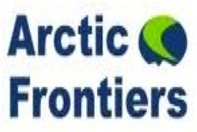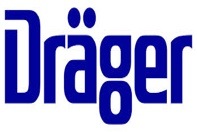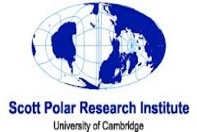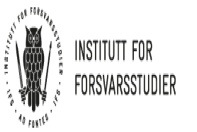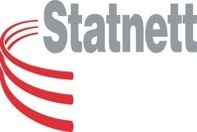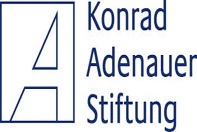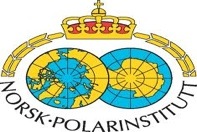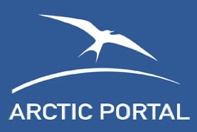Meeting on the role of the EU in Arctic Research in the European Parliament – Conclusions of the Participants of the Policy-Science-Interface Seminar
The EU Arctic Forum together with the International Arctic Science Committee (IASC), the International Arctic Social Science Association (IASSA), and the University of the Arctic (Uarctic) organized a meeting in Brussels on the role of the EU in research and development in the Arctic. The meeting organized in cooperation with the most important Arctic research umbrella organisations focussed on the need for an EU Policy Science Interface for the Arctic.The Meeting in May 2011 was opened by MEP Birgit Schnieber-Jastram, member of the Advisory Board of the EU Arctic Forum and moderated by Prof. Lars Kullerud, President of Uarctic and Steffen Weber, Secretary General of the EU Arctic Forum.
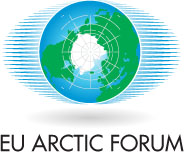



Among the speakers were highly recognised leaders in science: Prof. Deliang Chen, Executive Director of International Council for Science and Prof. Karin Lochte, Director of the Alfred Wegener Institute for Polar and Marine Research.
The EU Commission was represented by Director Manuela Soares of DG Research and Paul Nemitz Head of Unit, DG Mare as well as a number more officials active int the Arctic Inter Service Working Group. The speakers did not only focus on the latest results of their research, but also underlined the important role of the EU in research collaboration.
Prof. Paul Egerton of the European Polar Board highlighted the contributions of EU science, while Dr. Jessica Shadian argued for a better inclusion of the social sciences. Dr. Marina Kalinina, Vice-President of the Northern Arctic Federal University in Arkhangelsk, discussed an experience of scientific cooperation with European partners.
Finland’s Ambassador for Arctic Affairs, Hannu Halinen, shared the results of the last ministerial meeting of Foreign Ministers from the USA, Canada, Russia, Norway, Denmark, Sweden, Finland and Iceland held in Nuuk, Greenland. Ambassador Halinen declared its support for the EU’s efforts to establish a united and coordinated policy towards the region.
Discussions with industry representatives, leading academics from a number of think tanks both from Brussels and the Arctic and diplomats as well as numerous European Commission officials, have clearly underlined the need for better coordination and communication, especially between science and politics. Participants agreed that an EU Policy- Science- Interface should be on the agenda of the emerging EU Arctic policy.
The importance of Arctic Research is illustrated by the European Union’s Seventh Framework Programme for Research, started in 2007 and ending in 2013, which has funded 46 projects and scholarships that are directly related to the Arctic. This represents about 20 million euros a year. Since 2008, 19 key EU research projects with an Arctic dimension have been implemented, each funded from about 2 million euros to more than 16 million euros with the programme DAMOCLES. This program aimed to provide knowledge about the changes in sea-ice, the atmosphere and the ocean in the Arctic. The recently launched ACCESS programme will quantify climate change impacts on key economic sectors (transportation, fisheries, marinemammals, oil and gas extraction) and will consider Arctic governance issues to define an EU strategy for the next 20 to 30 years in the context of climate change.
The speakers’ presentations can be downloaded:
Prof. Karin Lochte
Prof. Deliang Chen
Dr. Jessica Shadian
Dr. Paul Egerton
As a result of the seminar, participants of the presented institutions agreed on Conclusions on the EU’s role in Arctic research activities:
Conclusions of the Participants of the Policy-Science-Interface Seminar:
The role of the EU in Arctic Research
European Parliament, Brussels, May 24, 2011
The participants of the Meeting on a EU Policy Science Interface for the Arctic: organised by the EU Arctic Forum (EUAF), in cooperation with the University of the Arctic (UArctic), the International Arctic Science Committee (IASC) and the International Arctic Social Sciences Association (IASSA), held in Brussels at the European Parliament on 24 May 2011, present these Conclusions:
-
The ongoing climatic transformation of the Arctic Region is of major importance, not only to the Arctic states and people living in the North, but also to the European Union and the rest of the globe. The rapid loss of sea ice, the potential for Greenland to contribute to the rise in global sea level, and the risk of additional greenhouse gas emission from degrading permafrost are just some of the issues that have global ramifications. Thus, the study of the Arctic, in particular in light of the priorities of the International Council for Science (ICSU) – Grand Challenges of Earth System Science for Global Sustainability (Forecasting, Observing, Confining, Responding, Innovating) – has never been more important.
-
Likewise, due to melting Arctic ice, and need to stable sources for resources, the EU and the rest of the world have become increasingly interested in the Arctic, in particular the potential to extract and develop new resources and the opening of maritime routes. There are 4 to 10 million people living in the Arctic, pending on where one sets the border, of which 10 percent are indigenous peoples. The inhabitants of the North live from and within the Arctic environment, and are the people whose way of life could benefit, or be put at risk by growing resource extraction. Thus, political, economical, social and legal issues are central to the changes taking place in the Arctic, which implies the equal importance of both the social and natural sciences in understanding these changes.
-
The EU is currently in the process of defining a EU Arctic Policy that approaches the questions of responsibilities and interests in the Arctic in a holistic way. Such a policy must be based on an all-inclusive, interdisciplinary and cross-sectoral input of state-of-the-art science. Improving the knowledge base by developing and furthering cutting-edge sciences that deal with Arctic issues must be given high priority, considering the rapid changes occurring in the Arctic and the global implications.
-
The EU has demonstrated capacity to organize joint research programs as well as targeted framework and regional funding initiatives. The EU should also utilize this comparative advantage in creating joint initiatives for Arctic research.
-
The Arctic science and education community needs to develop better avenues for communicating science to policy and decision makers. A science-policy-interface for the Arctic would better enable the EU to base the development and implementation of its Arctic Policy on solid, high quality science that truly reflects a holistic approach.
